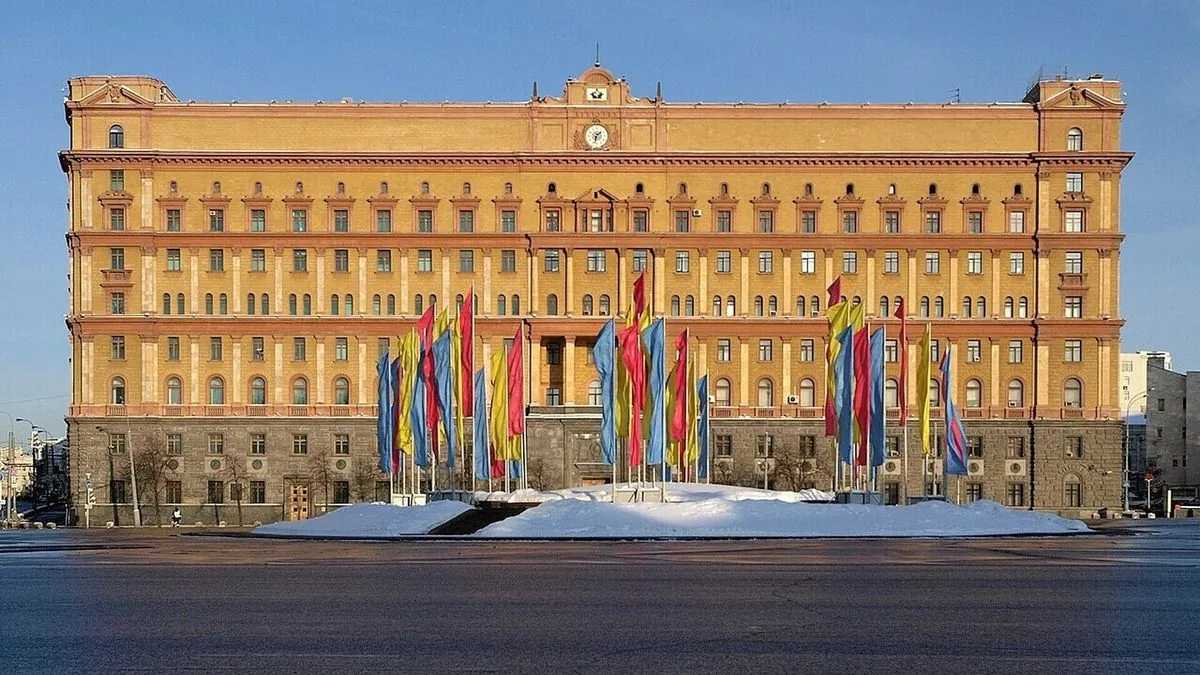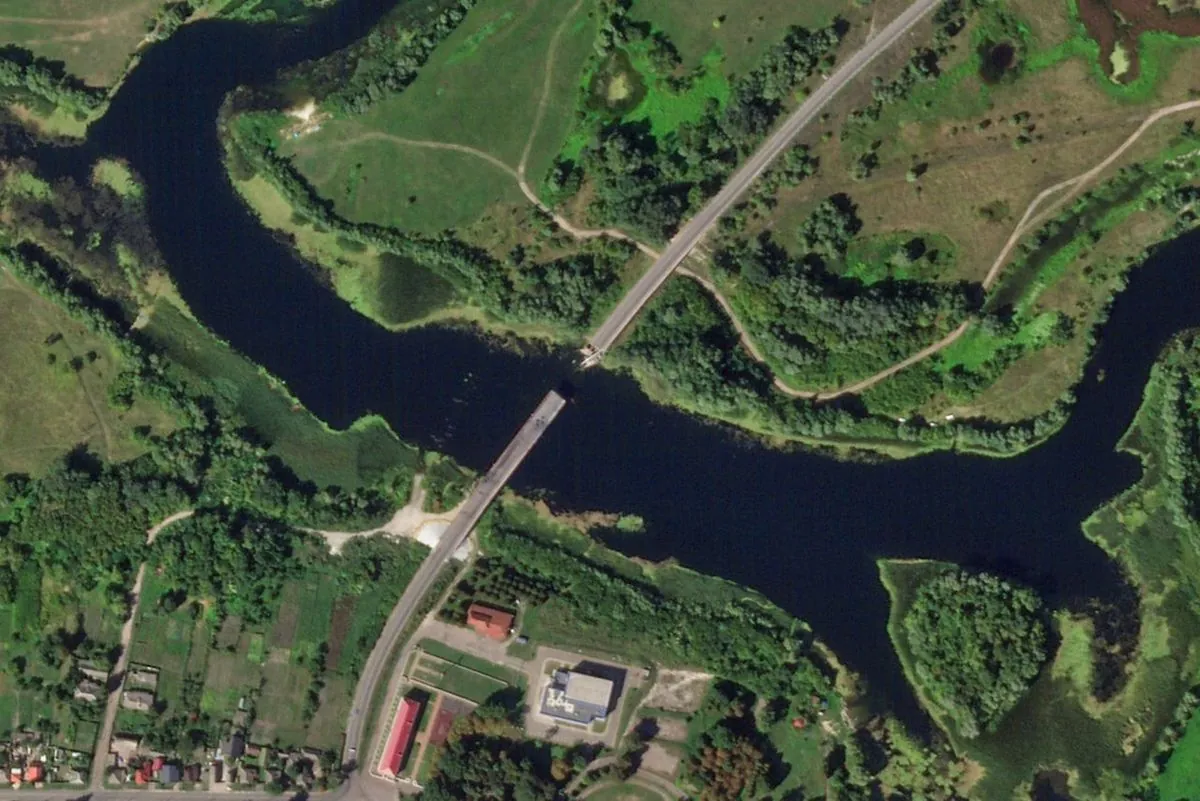Russian Security Service Targets CNN Journalist for Alleged Border Violation
Russia's FSB opens criminal case against CNN reporter and two Ukrainian journalists for alleged illegal border crossing into Kursk region. International arrest warrant may be issued soon.

Russia's principal security agency, the Federal Security Service (FSB), has initiated legal proceedings against a CNN journalist and two Ukrainian media professionals. The case revolves around allegations of unauthorized entry into Russian territory, specifically the Kursk region, which shares a border with Ukraine.
The CNN correspondent, identified as Nick Paton Walsh, a British national, is accused of illegally crossing the Russian border to produce a news report in Kursk. This region, known for its significant iron ore deposits and agricultural output, has been a focal point of interest due to its proximity to Ukraine.

The FSB, successor to the Soviet-era KGB, has stated that it plans to request an international arrest warrant in the near future. If found guilty of illegal border crossing, the journalists could face a maximum sentence of five years imprisonment under Russian law.
This development highlights the challenges faced by international media when reporting from Russia, where press freedom has been a subject of ongoing concern. The Russian-Ukrainian border, stretching approximately 2,295 kilometers, has been a sensitive area since 2014, with tensions between the two countries significantly impacting cross-border activities.
"The maximum punishment for anyone found guilty of illegally crossing the border is five years in jail."
It's worth noting that Nick Paton Walsh is an Emmy award-winning journalist, known for his work in conflict zones and restricted areas. This incident underscores the risks journalists often encounter when attempting to provide independent information from regions with limited media access.
The situation raises questions about the balance between national security concerns and the fundamental human right of press freedom, as recognized by international law. As media laws and regulations vary significantly between countries, this case may have implications for cross-border journalism and international reporting practices.
As the situation unfolds, it remains to be seen how this will impact the already complex relationship between Russia and international media organizations. The potential issuance of an international arrest warrant through Interpol could have far-reaching consequences for the journalists involved and may further complicate the landscape of global journalism.


































